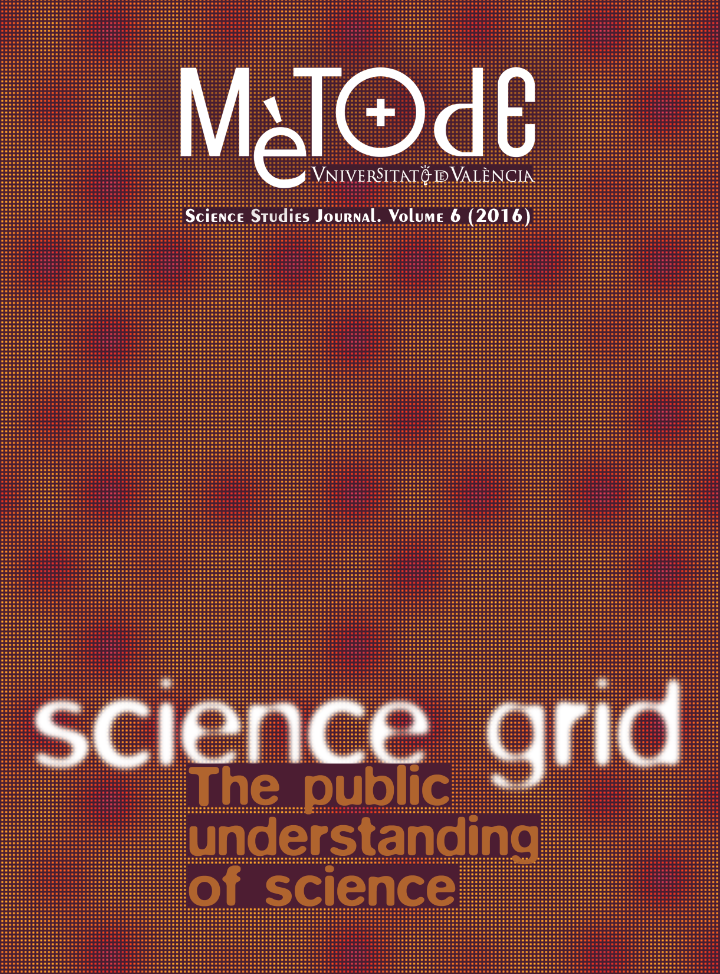Monolingualism and creativity: Scientific discourse and linguistic diversity in human and social sciences
DOI:
https://doi.org/10.7203/metode.6.4552Keywords:
scientific journals, monolingualism, human and social sciences, academic English Abstract
Abstract
Whether or not monolingualism –?academic English, in practice?– is favourable for the production of knowledge in human and social sciences is now called into question. In order to further their careers, researchers seek to publicise their work by publishing in the most prestigious, best-known international journals. But we must not ignore the limits set by the operation of these journals on the production of innovative knowledge to challenge our intellectual routines. We can support the idea that creativity in social and human sciences benefits more from preserving a plurality of scientific production spaces than from a single homogeneous space, which usually tends to fall into complacency.
 Downloads
Downloads
 References
References
Perec, G. (1991). Cantatix sopranica L. et autres écrits scientifiques. Paris: Seuil.
Sokal, A. (1996). Transgressing the boundaries: Towards a transformative hermeneutics of quantum gravity. Social Text, 46/47, 217–252. doi: 10.2307/466856
Downloads
Published
How to Cite
-
Abstract900
-
PDF347
Issue
Section
License
![]()
All the documents in the OJS platform are open access and property of their respective authors.
Authors publishing in the journal agree to the following terms:
- Authors keep the rights and guarantee Metode Science Studies Journal the right to be the first publication of the document, licensed under a Creative Commons Attribution-NonCommercial-NoDerivatives 4.0 International License that allows others to share the work with an acknowledgement of authorship and publication in the journal.
- Authors are allowed and encouraged to spread their work through electronic means using personal or institutional websites (institutional open archives, personal websites or professional and academic networks profiles) once the text has been published.





